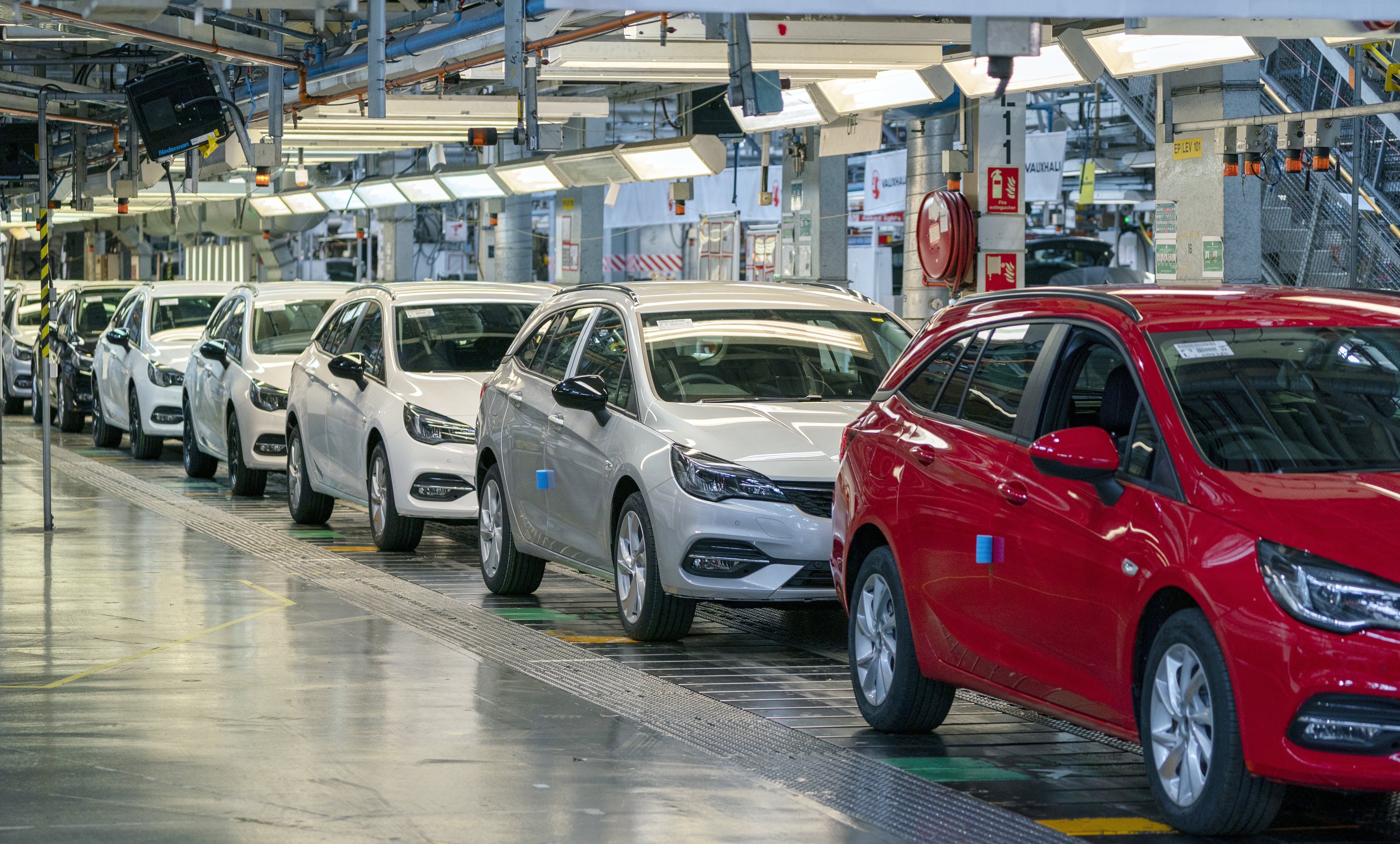Manufacturing sector continues to grow despite rising costs
Nearly three-quarters of businesses reported their costs were rising.

Your support helps us to tell the story
From reproductive rights to climate change to Big Tech, The Independent is on the ground when the story is developing. Whether it's investigating the financials of Elon Musk's pro-Trump PAC or producing our latest documentary, 'The A Word', which shines a light on the American women fighting for reproductive rights, we know how important it is to parse out the facts from the messaging.
At such a critical moment in US history, we need reporters on the ground. Your donation allows us to keep sending journalists to speak to both sides of the story.
The Independent is trusted by Americans across the entire political spectrum. And unlike many other quality news outlets, we choose not to lock Americans out of our reporting and analysis with paywalls. We believe quality journalism should be available to everyone, paid for by those who can afford it.
Your support makes all the difference.UK manufacturing businesses are still growing but are having to fend off some of the fastest increases to their costs in decades.
The manufacturing sector outstripped expectations in the monthly IHS Markit CIPS Purchasing Managers’ Index (PMI) survey released on Monday.
It showed a reading of 60.4 last month, down from a 63.9 score in June.
The decrease comes on the back of record highs earlier this year as the economy pushed to leave the impact of the pandemic behind.
Amid growing indications that many supply chain disruptions and raw material shortages are unlikely to be fully resolved until 2022, the outlook remains one of constrained growth combined with high inflation for the foreseeable future
Despite the fall, the July score is still evidence of high growth, and significantly ahead of the 57.1 reading that economists had expected for the month.
Any score above 50 is considered to show growth in the sector.
Partly because of this continuing growth, the cost of materials has been soaring as demanded increases to match the necessary output.
Problems in supply chains around the world has also put pressure on the price of many items.
“Supply gridlock resulted in a moderate deceleration in the rates of expansion of production, new orders and job creation,” Duncan Brock, group director at the Chartered Institute of Procurement & Supply, said.
“A mismatch in global recovery rates following the pandemic meant some businesses abandoned their usual suppliers to seek new sources and avoid elevated lead times and the shortages gripping the sector.
“Disruption is a worldwide problem however, so there was likely to be limited success in remodelling supply chains completely, with the challenges too difficult to circumnavigate.”
Costs of everything from chemicals, commodities and cardboard to metals and food stuffs has driven up prices, the experts said.
This led to some of the highest rates of cost rises in the survey’s history. In all 72% of manufacturers reported that their costs were rising.
As a result, manufacturers have started charging more for the products they are making.
IHS Markit director Rob Dobson said: “Amid growing indications that many supply chain disruptions and raw material shortages are unlikely to be fully resolved until 2022, the outlook remains one of constrained growth combined with high inflation for the foreseeable future.”